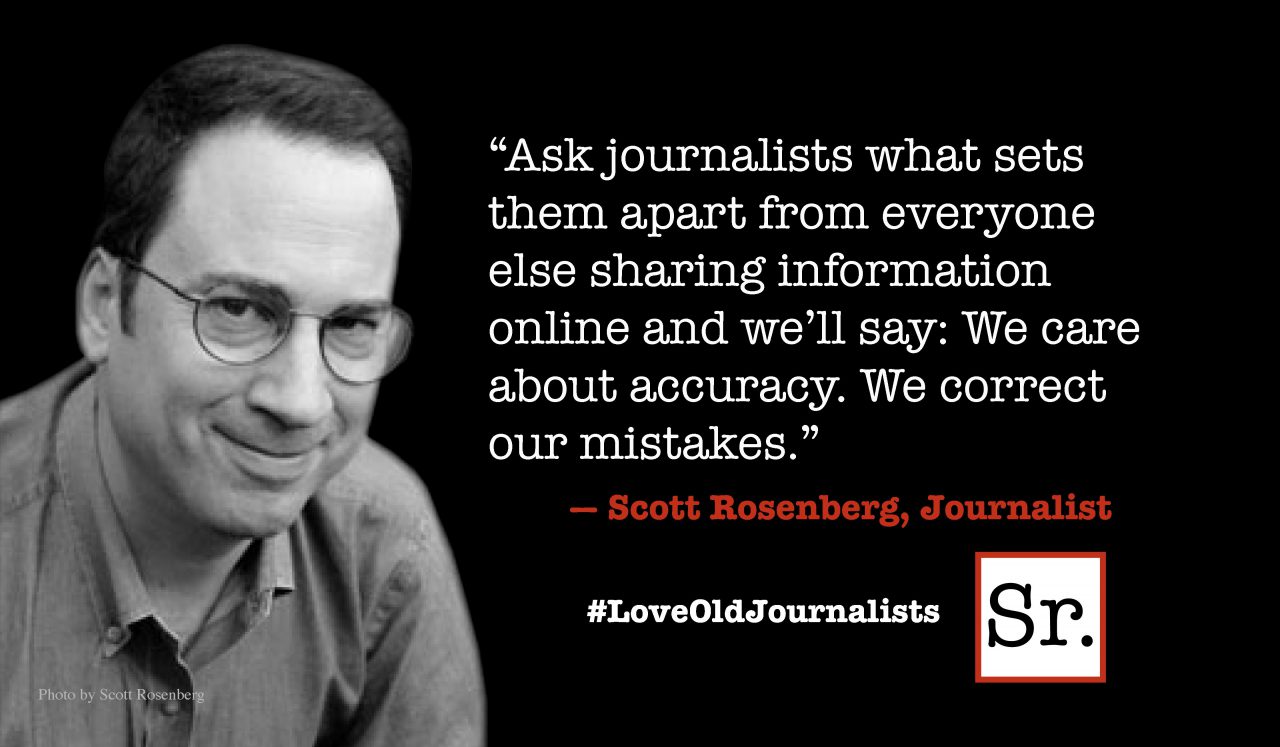"I will fight no more forever." — Chief Joseph
I have read several blog posts in recent weeks focusing on the choice to be right or happy. Then yesterday, I picked up the book I’m reading and there it was again. Okay, universe, you have my attention.
Indeed, once I stopped and thought about it, the relevance of this issue to my life right now became immediately apparent. Since I wrote several weeks ago about an upsetting incident, I have continued to replay the event in an endless loop. Tension remains in my spirit, causing me discomfort, motivating me to explore ways to restore peace, frustrating me when no solution seems available.
The Tao Te Ching counsels, “After a bitter quarrel, some resentment must remain. What can one do about it? Therefore the sage keeps his half of the bargain but does not exact his due.”
Hm. What can I do about it? Well, I can’t go back and change what happened. I can’t control what anyone else thinks about or does in response to what happened. There’s the rub. I want to restore my inner peace by “fixing” what is out there, beyond my control. So what can I control? My “half of the bargain.” What does that mean?
For one thing, it means dropping labels. In his book, "The Ultimate Happiness Prescription," Deepak Chopra says, “No one has ever been made happy by proving that they are right. The only result is conflict and confrontation, because the need to be right always makes someone else wrong.” As soon as I attach right and wrong labels, I have separated myself from the other person. Peace is no longer possible.
For another thing, my half of the bargain means taking myself (my ego) out of the story, realizing that it really isn’t about me. As soon as I react in fear or anger, as soon as my feelings get hurt, as soon as I start trying to fix things or wanting the other person to behave in a certain way, then I have made the issue about me. I have made myself important. And I have made my well-being dependent on what happens “out there.” This only maintains the struggle.
I am reminded of a conflict I was engaged in years ago. Every effort I made to negotiate a settlement was met with resistance and counter demands I was not prepared to agree to. Finally, I gave up, fully expecting to be sued. Miraculously, the conflict vanished. I realized that I had prolonged the conflict by trying to force peace.
"A Course in Miracles" teaches, “Mistake not truce for peace, nor compromise for the escape from conflict. To be released from conflict means that it is over. The door is open; you have left the battleground.” That’s what I want to do: Leave the battleground. I’m still energetically engaged in a situation now past. I may have left the physical battleground, but the battle continues in my spirit. My desire to be right masks the fear that perhaps I’m not.
Instead, I see that the question of who is right and who is wrong is itself meaningless and only serves to sustain the artificial divide between self and other. I’d rather have an open hand than an upper hand. So I’m walking off the battleground. It’s over.
Peace I leave with you; my peace I give to you. Not as the world gives do I give to you. Let not your hearts be troubled, neither let them be afraid. — John 14:27








